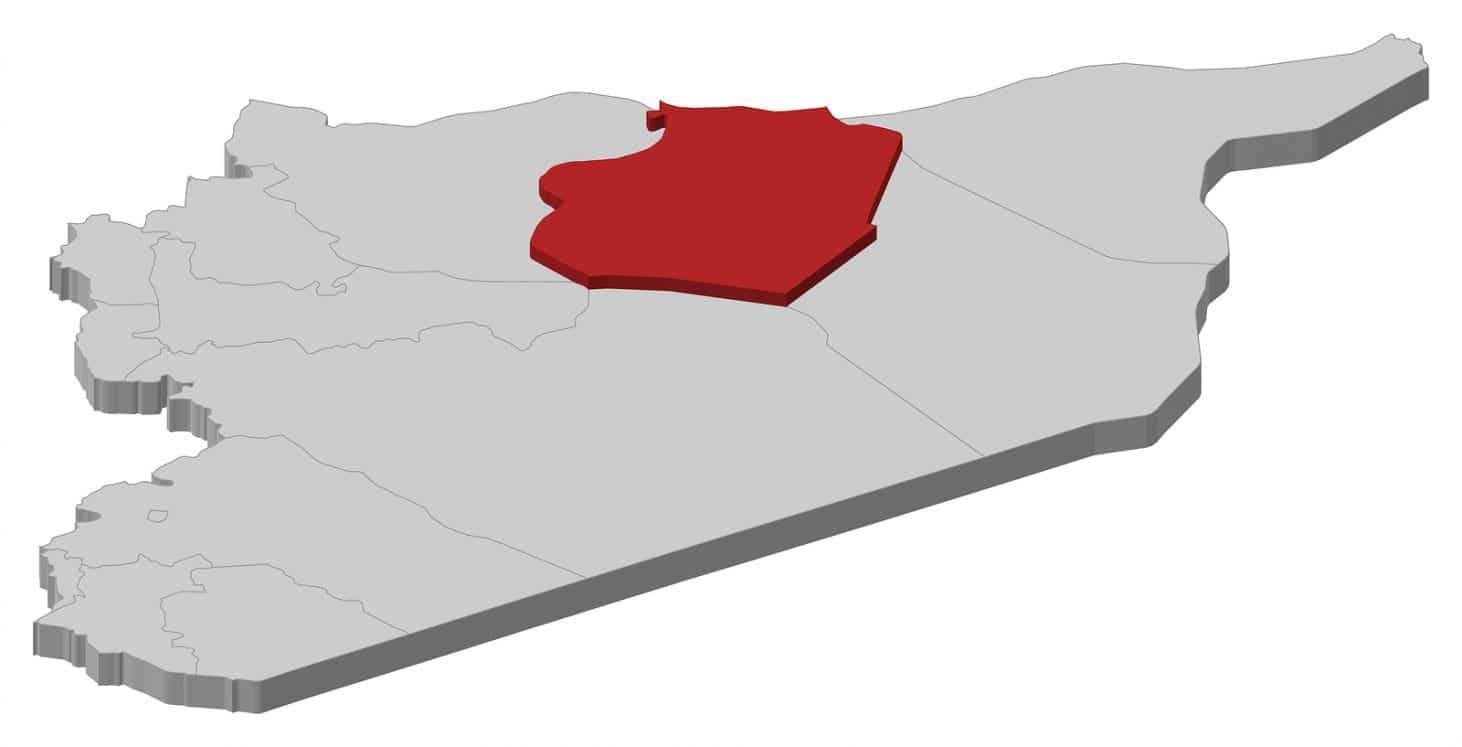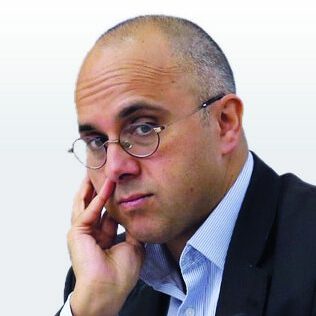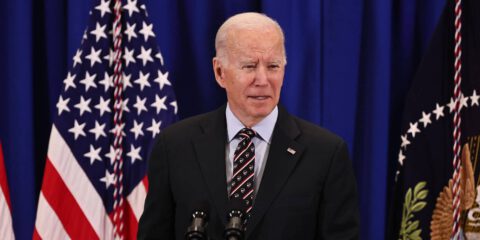לחיסולו של מנהיג שבטי ערבי בולט כמו באשיר פייסל אל-הוויידי יש השלכות לא מבוטלות על חלקי סוריה שבשליטת ארה”ב והכוחות הכורדים, הכוללים את א-רקה. לממשל הכורדי אויבים רבים וקיומו לא יציב.
לרצח המנהיג הערבי הבולט, שיח’ באשיר פייסל אל-הוויידי, ב-2 בנובמבר בא-רקה יש השלכות לא מבוטלות על חלקי סוריה שבשליטת הכוחות הכורדיים וארה”ב, הכוללים את אזור א-רקה. השייח’ אל-הוויידי, חבר בכיר בשבט אל-עפאדלה, היה גם מנהיג בולט במועצה האזרחית של א-רקה, הגוף שהוקם על-ידי הרשויות הכורדיות השולטות בשטח שממזרח לפרת כדי למשול בעיר הערבית (ברובה) א-רקה.
ארגון המדינה האסלאמית מיהר ליטול על עצמו את האחריות לרצח. אין זו הפעם הראשונה שהארגון מתנקש באנשי המועצה הדמוקרטית הסורית (SDC) – הרשות השלטת ממזרח לפרת המורכבת מכורדים וסורים פרו-אמריקאים ונתמכת על-ידי ארה”ב. ב-15 במרץ נרצח בירייה עומאר אלוש, בכיר כורדי שמילא תפקיד קישור חשוב מול הכוחות האמריקאים בא-ראקה. דאע”ש מחזיק תאים פעילים בתוך הקהילות הדוברות ערבית באזור וכן בקהילות דומות במערב עיראק הסמוכה. הגבול המחורר והפיקוח הדליל בצד העיראקי מאפשרים לדאע”ש לפעול באזור בקלות יחסית.
ללוחמי הגי’האד של דאע”ש יש אינטרס מובהק להתנקש באנשי ממשל ובכל מי שקרוב לממשל ה-SDC השולט דה-פקטו בשטח. המדינה האיסלאמית מעוניינת לחבל בניסיונות ה-SDC ליצור אווירה של נורמליות בעיר א-ראקה ובאזורים הערביים של מחוז א-ראקה ודיר א-זור. הם מקווים לבנות בחשאי כוחות צבאיים למחצה בקרב האוכלוסייה הערבית שיאפשרו להם להצית התקוממות מחודשת בבוא הזמן.
בינתיים מיהרו ראשי השבטים הערביים הקשורים ל-SDC לגנות את הרצח. חלק מהשבטים פרסמו הצהרות שהביעו עצב וכעס על הרצח. בהצהרה שקראו שיח’ עאיד ברקאת אל-האדי ושיח’ אל-מוסא אל-זאהר, נכתב:
“השיח’ בשיר פייסל אל-הוויידי… העניק לכוחות הדמוקרטים הסוריים גיבוי ותמיכה למען שחרור א-ראקה וסביבותיה מהתועבה שבלב החשיכה, מכוחות הרשע, דאע”ש. כוחות אלה ניצלו את המהלכים הטורקיים האחרונים ואת איומי המשטר ובעלי בריתו כדי לערער על יציבותם של האזורים הצפוניים והמזרחיים של סוריה ולחבל בתוכנית להקמת סוריה דמוקרטית, אבל הם שכחו שלעם הסורי בכלל, ולאנשים בא-ראקה בפרט, יש די מודעות והבחנה כדי להבדיל בין נכון ללא נכון”.
אולם, תגובה זו לא ייצגה את כלל הציבור. חברים בשבט ערב אל-סאבה, קבוצה חשובה נוספת באזור, האשימו בהרג את היחידות הכורדיות להגנת העם (ה-YPG) וקראו לחרם של השבטים הערביים על השלטון בא-ראקה.
ברור כי כוונותיהם של מבצעי החיסול הן לשחוק את אמונם של השבטים הערביים ביכולתו של SDC לשלוט באזור לאורך זמןו.
פרשנים ציפו זה מכבר שמשטר אסאד והסובבים אותו ינסו לעורר אי שקט ב-30 האחוזים משטחי סוריה הנמצאים בשליטת הכורדים וארה”ב. אזור זה כולל בתוכו למעלה מ-80 אחוזים ממשאבי הנפט והגז של סוריה והמשטר הסורי להוט להניח עליהם את ידיו. אלא שהניסיון הכושל לכבוש את שדה הגז קונוקו בפברואר השנה בידי כוח משולב של קבלני צבא רוסים ומיליציות שבטיות ערביות, הוכיח להם שכל עוד ארה”ב נותרת מחויבת לאזור, לא ניתן להשתלט עליו בפעולה צבאית קונבנציונלית. כוח התקיפה חוסל על ידי כוחות ארטילריה ואוויר אמריקאים.
אסטרטגיה חלופית תהיה לנסות להתסיס את האזור עד שיהיה בלתי משיל. בשלב זה תהליך שיקומה של א-ראקה הינו איטי וחלקי. בביקור שערך באפריל מחבר מאמר זה בעיר, גילה ששטחים נרחבים של העיר נותרו עיי חורבות ושתהליך חילוץ הקברים ההמוניים של לוחמי דאע”ש עדיין לא הסתיים, גם שנה לאחר שחרור העיר.
למשטר אסד ובעלי בריתו יש היסטוריה ארוכה של שימוש בג’יהאדיסטים סונים – ראו תמיכתו במרד הסוני בעיראק אחרי פלישת כוחות הברית ב-2003. שימוש זה בלוחמים סונים בא לידי ביטוי גם נוכח ההבדלים האידיאולוגיים לכאורה בין השלטון הסורי “החילוני” ללוחמי הג’יהאד. לכן אין לשלול את אפשרות שידם של המשטר/האיראנים/הרוסים הייתה באירוע האלים האחרון. גם מעורבות טורקית מתקבלת על הדעת. אנקרה ידועה כמי שקיימה קשרים עם הכוחות הג’יהאדיסטים והאיסלאמיסטים בסוריה ואין ספק שיש לה מניעים לפעול נגד ה-SDC הנחשב בעיניה כחזית של ה-PKK.
יש לזכור שלחלק הסורי הנשלט על-ידי הכוחות הכורדים/אמריקאים יש אויבים רבים והוא עדיין נשען על כרעי תרנגולת. מבחינת טורקיה, מדובר בישות הנשלטת על-ידי ארגון טרור. מבחינת אסד/איראן/רוסיה מדובר בחבל ארץ סורי שהשליטה בו חייבת לחזור לדמשק. כוונותיה ארוכות הטווח של ארצות הברית לגבי האזור עדיין אינן ברורות. בשלב זה, ארה”ב עדיין לא פרסמה כל תגובה רשמית להרג.
לפיכך סביר להניח שבעתיד הקרוב נראה פעולות דומות לחיסול השיח’ בשיר פייסל אל-הוויידי, ואולי אף עלייה בקצב ובעוצמה של מעשי האלימות בא-רקה ובאזורים אחרים בעלי רוב לא כורדי הנמצאים תחת שלטון SDC.
סדרת הפרסומים “ניירות עמדה” מטעם המכון מתפרסמת הודות לנדיבותה של משפחת גרג רוסהנדלר.
תמונה: Bigstock









 - בניית אתרים
- בניית אתרים